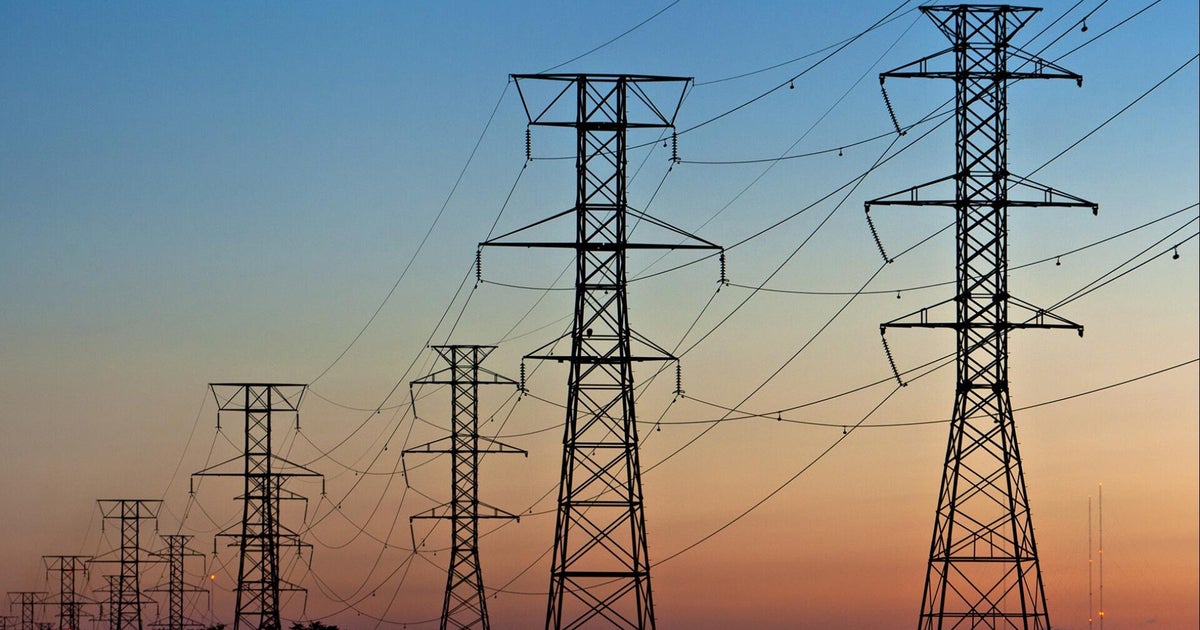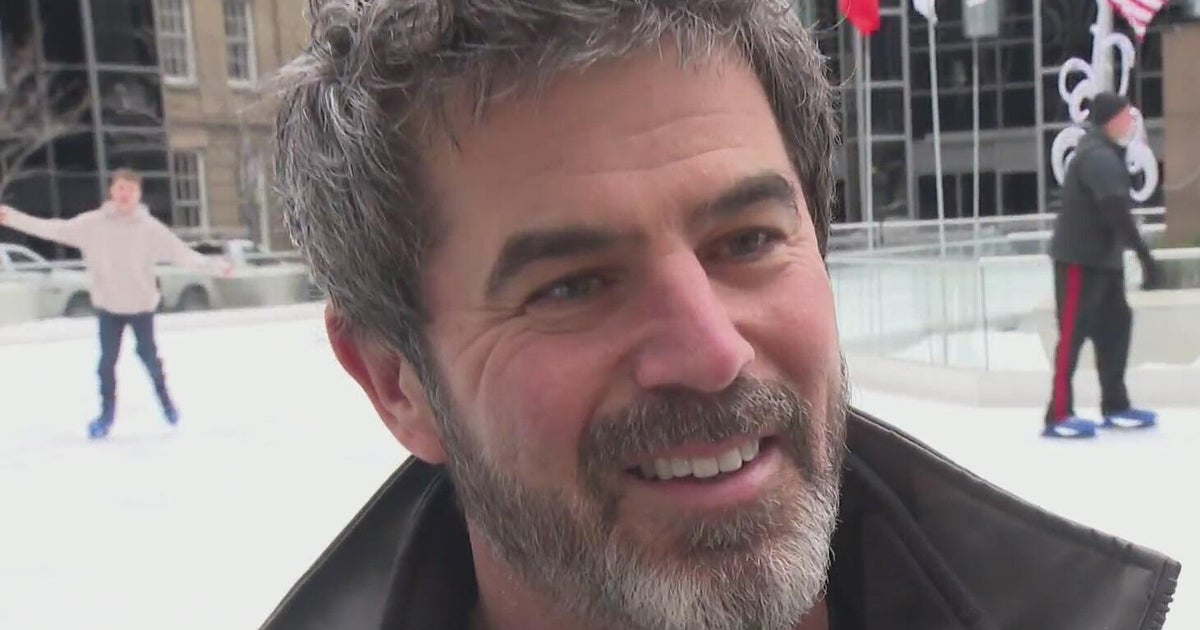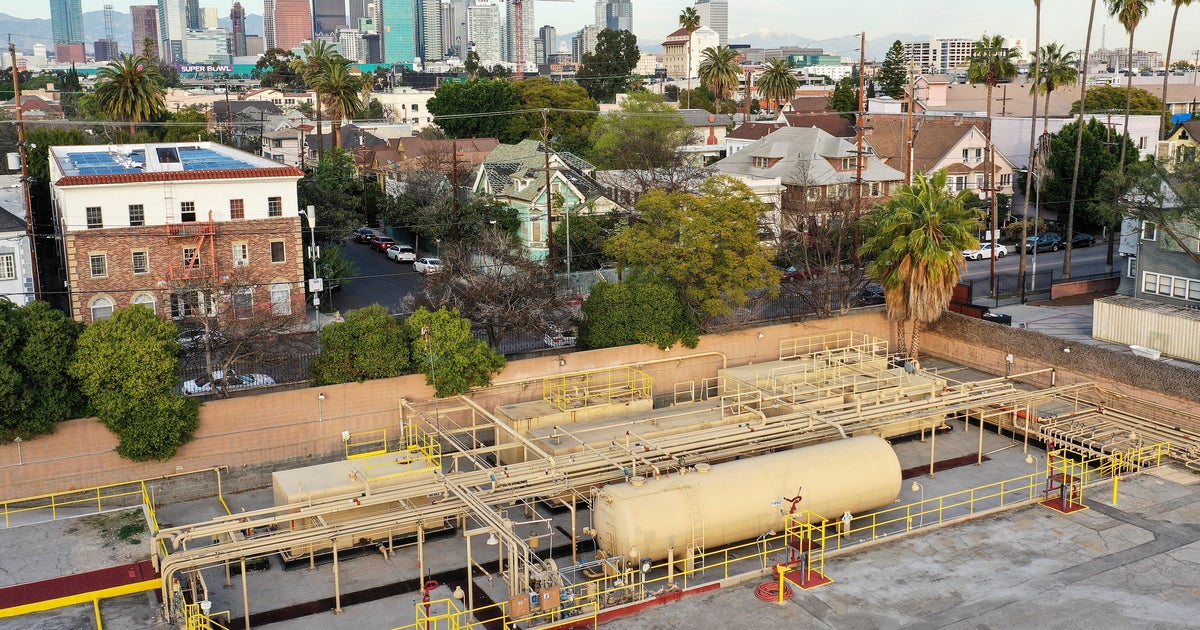Debate Begins Over Seismic Airguns
MIAMI (CBSMiami) -- The debate over drilling off Florida's coastline is starting up again. This time the oil industry is lobbying to test to see just what exists beneath the Atlantic Ocean floor. It's pretty remarkable technology, but experts believe it could be quite damaging as well.
Thursday night the environmental group Oceana held a forum on something called seismic airguns at the University of Miami Rosenstiel School of Marine and Atmospheric Science. They explained how it works: A blast of compressed air is shot into the ocean, the sound traveling miles below into the ocean floor. Sensors then measure return sound waves telling the oil industry if there is something worth drilling for below.
Matthew Huelsenbeck, a marine scientist with Oceana, described it as repetitive explosions underwater. "Imagine dynamite going off in your living room. Every ten seconds for days to weeks on end. The similar impacts would happen to you as they happen to marine life. You could be injured and at the very least you are going to have to leave your home," Huelsenbeck said.
Environmental groups up and down the eastern seaboard are concerned over the seismic testing because the blast of sound travels not only downward but outward. Oceana, one of the leading groups campaigning against the testing estimates the sound waves can be heard hundreds of thousands of miles away underwater. Huelsenbeck explained, "Marine mammals, they depend on sound. It's vital for their survival and disrupting that can cause some serious impacts for them."
The testing being proposed is for an area twice the size of California stretching from New Jersey to Florida. The Federal Government is studying the issue, but thus far has determined the impact could injure or kill more than 138,000 dolphins and whales. The number includes approximately 500 endangered Right whales and countless other sea life. Tonya Tweeton with the Sierra Club said Florida can't afford to take the energy debate in this direction. "It could be devastating to us. We can just forget about our recreational fishing. Dead fish? Nobody is going to want to come down here for that," Tweeton said. The debate prompted some in the audience to take action, penning letters to cut off the testing before it could start which could be as early as next year if the government approves it. Tweeton questioned why leaders in Washington are considering new greener technologies over offshore oil. "This is old thinking. We need the new thinking. Where is the leadership on the new way. We cannot continue. We have to get off of oil and gas."
The letter writing campaign will be compounded by a federal government public comment period in January. For more information, click here.







